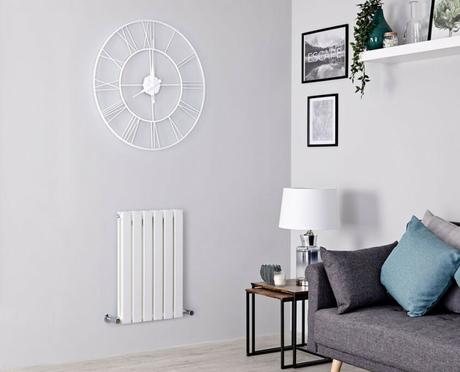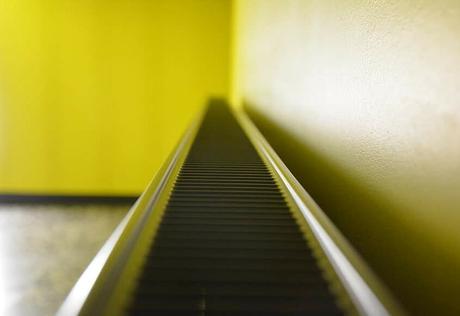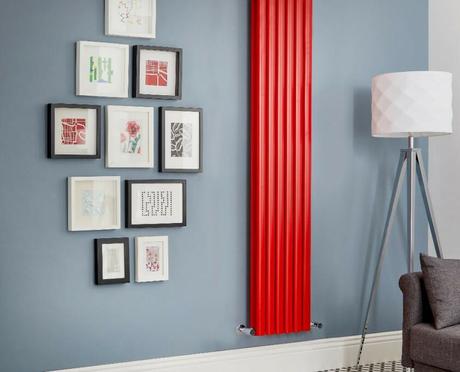
How to combat Radiator Corrosion
No matter how long you’ve dreamt of having your own home for, only when you actually become a homeowner can you truly appreciate how much of a pain in the backside it can be to maintain all your fixtures, furniture and fittings.
You might feel that you’re fighting a constant battle to keep everything in tip-top shape, or be guilty of going in the opposite direction, adopting the attitude that “if it ain’t broke, don’t fix it.”
But that’s a dangerous game to play.
Consider your radiators as a prime example. When did you last consider subjecting them to some maintenance work to ensure they’re working to full capacity, and not at risk of breaking down?
Life can get in the way of carrying out what can be seen as the most mundane of jobs, but if they can help you to combat issues such as radiator corrosion, they can actually make it much easier for you.
So, let’s take a look at the measures you can take to prevent corrosion and radiator leaks, and ultimately a hefty outlay in repair or replacement costs.

Why do Radiators leak?
Many people are unfamiliar with the causes of leaks in their radiators or other home heating devices.
I know I was before undergoing my intensive Jedi-like training regime to work for BestHeating. (Think Yoda, with radiators).
This conundrum is quite simple, though. A straightforward chemical reaction can lead to rusting and leaks in radiators. Typically, it is caused by a build-up of sludge and debris inside the radiators.
When left untended, tiny holes can appear, ultimately resulting in radiator leaks.
Your system water is guaranteed to react with steel every time. Therefore, unless you are planning on installing a new radiator, you should check your system thoroughly for any sludge or grime that could be clogging the system, and stopping it from working to full effect.
How to stop Radiators from rusting
If you do find debris when inspecting your unit, you can perform a heating system flush or power flush to eliminate the problem. Any sort of unwanted dregs swirling around the system will increase the risk of corrosion affecting your radiators.
It’s at this point I lean towards the lyrical musings of The Stone Roses again, so when you are satisfied that your radiator is ‘free from the filth and the scum’, we’d recommend the application of a corrosion inhibitor.
This will provide an added protective layer for the radiator, helping to halt the process of corrosion, and extend the potential lifespan of the device.

What if my Radiator has started to leak already?
A leaking radiator doesn’t necessarily need to be replaced at the first time of some escaped hot water. Though we couldn’t blame you for using it as an excuse to invest in one of our stunning designer radiators.
Unfortunately, there’s an exception to the rule if you notice a leak coming from any electric radiators you might have installed. They would require immediate replacement.
But if you’re looking to keep the cost down in relation to conventional radiators, you can tackle a wet radiator by following these steps…
- Identify the source of the leak. Dry out the radiator completely to work out the exact location of the tiny hole or holes.
- If the leak is emerging from any of your radiator valves, you may require the professional assistance of a plumber. What you can do is shut off the radiator valve with a spanner. Much like a goalpost once did so emphatically to one Phil Babb, that should stop the leak in its tracks until the plumber arrives.
- Another possibility is that your radiator leak emanates from the intersection between a valve and a pipe. If this is the case, you might be able to rectify the problem just by tightening the loose bolts by yourself. Often, you’ll find this is all that is needed to deal with the problem.
For a more detailed breakdown, you can check out our guide on how to fix a leaky radiator.

The Key to Stopping Corrosion in Radiators
Essentially, the key to stopping corrosion in radiators is to tend to them before there’s even a noticeable problem.
A power flush will work wonders and ensure that your home heating is operating to its full potential, ridding your radiators of the biggest causes of corrosion in sludge and debris.
Get in touch with BestHeating
For any further heating advice or help with any radiator-related issues, don’t hesitate to get in touch with the BestHeating team. You can leave your thoughts in the comments section below, or contact us via Facebook, Instagram or Twitter.


